As the final exams loom, students often find themselves grappling with a mountain of study materials, their hearts pounding with anxiety. It’s a familiar scene, one that repeats every academic year. But what if there was a way to tame this beast? To approach final exams with a calm, strategic mindset?
Final Exam Preparation
Grasping the significance of final exam preparation holds paramount importance in academic success. To delve deeper, let’s explore the role of final exams and the influence of thorough preparation.

Final exams act as essential measurements for gauging a student’s academic grasp. They evaluate not only a student’s understanding of the course material but also their capacity to merge and apply learned concepts (For example, applying principles of physics to solve complex problems). Significantly, grades obtained from these exams influence a student’s overall academic score, shaping their educational trajectory concerning scholarships, placements, or further education prospectus.
Good preparation, translates into confidence, understanding, and ultimately, higher exam scores. It eliminates the stress associated with last-minute cramming, enhancing focus and mental agility during an exam. Moreover, a well-structured preparation plan means a thorough revision, reinforcing critical concepts, and identifying areas of weakness. This approach of strategic studying contributes positively to a student’s academic potential, not just for the imminent exam, but for future academics as well. For instance, mastering algebraic concepts in high school could make understanding calculus in college significantly smoother. Therefore, good preparation has a far-reaching impact on a student’s academic journey.
Starting Point for Final Exam Preparation

Accurate comprehension of the syllabus serves as a crucial step in final exam preparation. It lays out the essential topics, subtopics and can be used as a roadmap for study. A thorough understanding of each unit’s goals helps in identifying precisely what one must learn and assists to prioritize time and efforts accordingly. For instance, if the syllabus specifies that “Photosynthesis” forms 30% of the biology paper, a student adjusts their studies to pay significant attention to that subject. Thus, interpreting the syllabus accurately aids in effectively channeling resources, leading to a data-driven approach to studying.
Accumulating relevant study materials forms the next critical step in the preparation process. It involves not only textbooks but also lecture notes, reference books, and online resources. When put together, these resources shape the study plan. It’s recommended that students consolidate their materials at the start to prevent wasting valuable time searching for them later. An organized collection promotes an efficient and distraction-free study environment. For example, collecting all materials related to “Photosynthesis” that include class notes, relevant textbook pages, research articles, and informative online videos can scaffold a student’s understanding of the topic, making preparation more comprehensive.
Time Management to Excel in Finals

A study schedule acts as a proverbial compass guiding a student’s study sessions. It’s a planner, breaking hours into achievable study goals. Crafting a study schedule involves listing all subjects, assigning study hours according to exam dates. Take, for example, if there are 10 days left for the first exam and the student has 4 subjects to cover. It’s advisable to dedicate 2.5 days per subject to maintain balance and prevent burnout.
Successful exam preparation acknowledges the challenge of difficult subjects. Navigating these subjects demands extra time and focus. Hence, allocating more study hours to them enhances understanding, for instance, a mathematical theorem often requires more attention than a biology definition. It’s, therefore, crucial to prioritize these subjects in the study schedule for optimal results.
Improving Exam Performance
Final exam preparation doesn’t have to be a source of stress. It’s about strategic studying, understanding the syllabus, and effective time management. Breaking study materials into manageable parts and studying consistently can lead to increased confidence, better focus, and higher scores. Collecting relevant study materials and understanding the weight of topics in the syllabus can help students prioritize their time and efforts effectively. Creating a study schedule and prioritizing difficult subjects can transform time into a powerful tool, enhancing understanding and improving exam performance.

